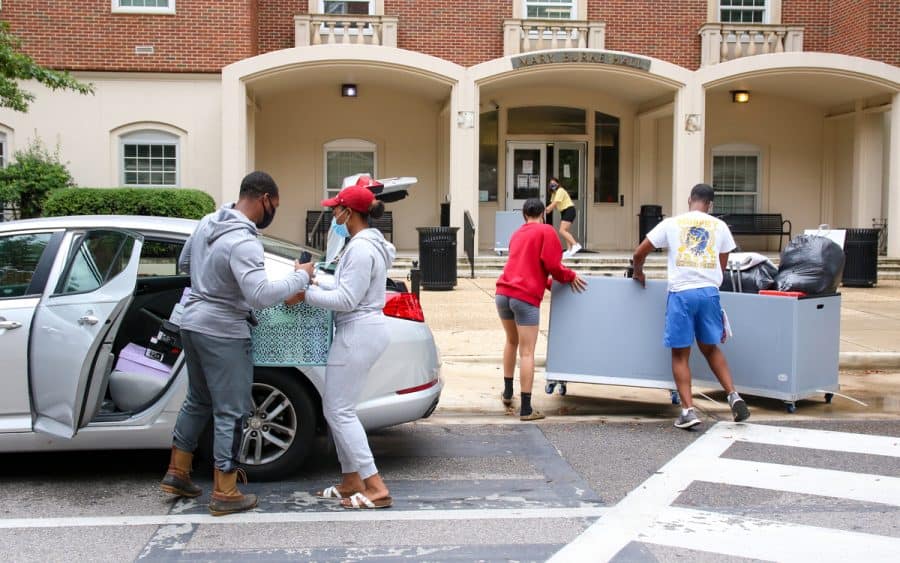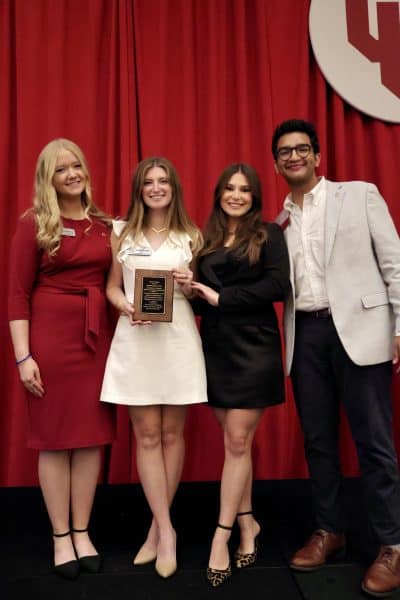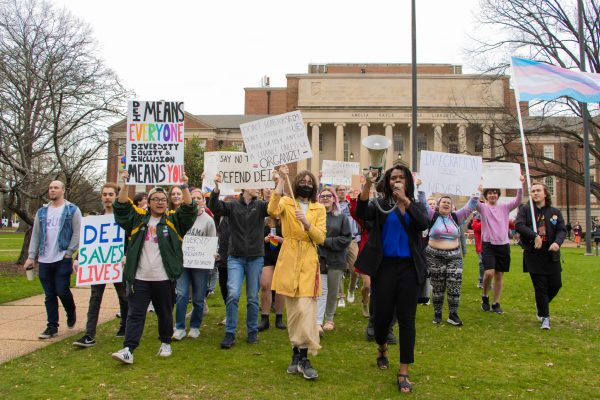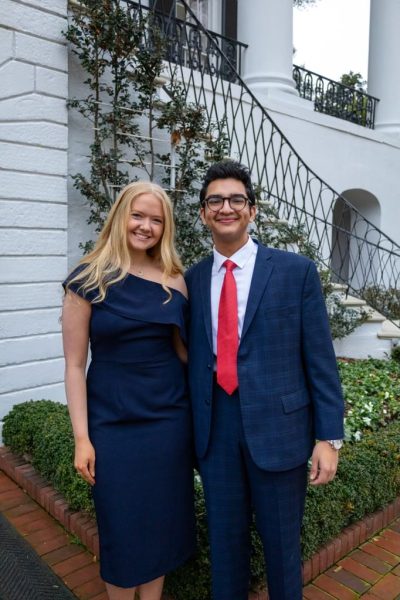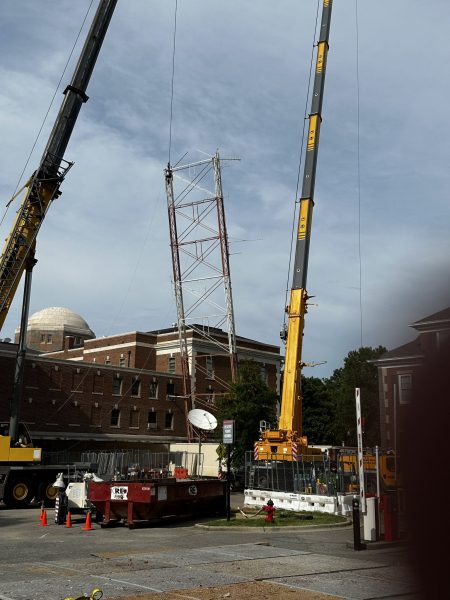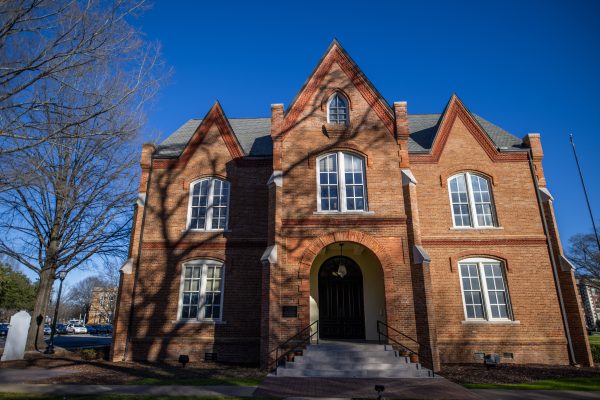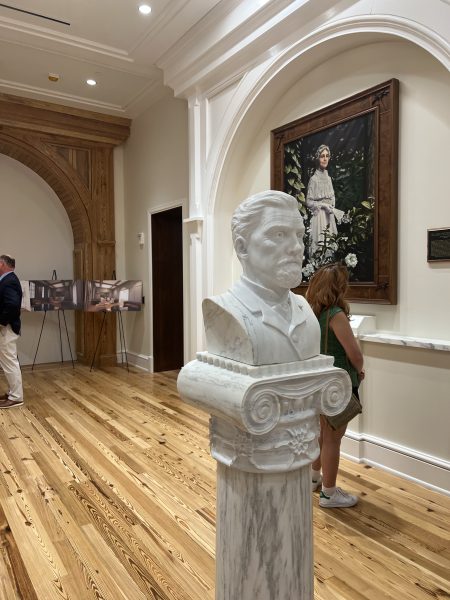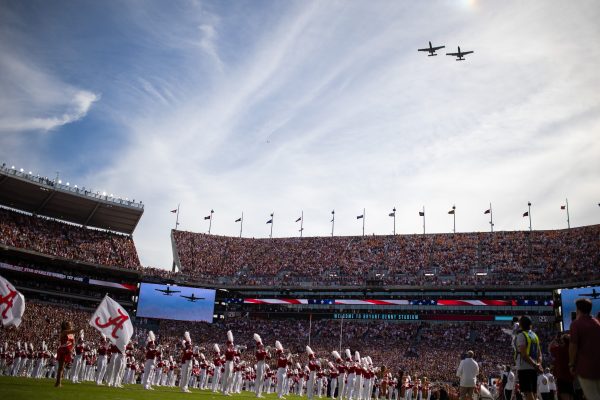The First-Year Experience: How students navigated a drastically different campus welcome
The pandemic left some first-year students feeling lonely and anxious. It caused others to drop out entirely.
Students prepare to move out of Burke West after learning that the dorm would be used for COVID-19 isolation space in August 2020.
April 14, 2021
It’s no secret that college can be stressful. And the first year — when many students must simultaneously adapt to harder classes, unfamiliar social dynamics and living away from home — may be the toughest of all.
For the millions of students who began their college journey in the midst of the COVID-19 pandemic, these challenges were augmented by an entirely new set of circumstances: remote classes, campus closures, restrictions on in-person gatherings and of course the ever-looming specter of the virus itself.
Some schools opted not to reopen their campuses last fall. The University of Alabama was not one of them. In June, the University announced its plan for the fall semester, which included a combination of face-to-face and remote instruction. The timeline for residence hall move-in, which typically takes a few days, was expanded to more than two weeks.
Juno Knott, a freshman majoring in psychology and criminal justice, didn’t mind the staggered move-in schedule. They moved into their room in Blount Hall more than a week before classes started.
“If I [had been] here for three days before classes started, it might have been a little bit stressful,” Knott said, adding that the extra time allowed them “to get situated and meet people, and not feel anxious about starting my classes.”
Almost as soon as they moved in, dozens of students living in Burke West were forced to relocate so that the dorm could be used for COVID-19 isolation.
Amalia Halpin was one of those students. She said she learned that she would have to move after receiving an email from the University, which made no mention of isolation housing.
“It was unfortunately through the news that we found out that the reason they were moving us was because they … had run out of COVID isolation space. And that sort of disconnect between … what the University was telling us and what was actually happening very much upset my parents and made us uneasy about the whole situation,” Halpin said. “I dropped out the day before the add/drop date and went home.”
In January, encouraged by the low rate of positive sentinel tests and her participation in a COVID-19 vaccine trial, Halpin returned to campus, where she is currently majoring in public health.
Despite her experience in the fall, Halpin said she thinks the University’s COVID-19 response has generally been effective.
“There was a misstep here and there, but overall [the University] did the best they could, and I really think that it worked,” she said.
The pandemic stripped college of many of the experiences that make it valuable to students. Some of the losses — face-to-face classes, guest lectures, performing arts productions, social events — were immediately obvious. Many more were not, especially for first-year students whose only experience of college has been in the shadow of COVID-19.
Take dining halls, for instance, those traditional hubs of social connection. Even when they were open for in-person dining, their community-building function was sharply curtailed by health regulations, which strictly limited the number of people per table for most of the school year. Moreover, the virus itself made dining halls and restaurants, where diners must remove their masks to eat, less appealing to many students as settings for social interaction.
“I hate the dining hall situation,” Knott said. “I came to campus a couple times my senior year of high school, so I got to experience what college was like pre-COVID, and so I kind of miss [that] environment.”
Social isolation has been a challenge for many during the pandemic. Last year, researchers at Texas A&M University conducted a survey of college students and found that 86% had experienced reduced social interactions as a result of physical distancing.
But some students have managed to integrate in their first year at the University despite the pandemic.
Tristan Mariani is a junior majoring in operations management who transferred to the University from Calhoun Community College last fall. He said finding social connection at the University has not been a struggle for him, thanks in part to a Christian retreat for UA students that he attended last summer.
“It allowed a bunch of us Christians to get to know each other, so that when we actually moved [to Tuscaloosa], we had some kind of community,” Mariani said of the retreat, noting that COVID-19 guidelines were observed.
Mariani also cited his work at a local church and as a driver for Joyride, where “you meet all kinds of people.”
“If I had more fear about the pandemic or if I had diabetes or anything like that, things that would make me more susceptible to being much more impacted by the virus, I think things would be a lot different,” he added.
In December, after learning that a co-worker’s wife had tested positive for COVID-19, Mariani immediately isolated and got tested himself. The test came back positive.
“I was in isolation for 14 days. My roommates left…. It was pretty awful,” he said. He experienced symptoms: a sore throat, a mild fever, loss of smell. Even four months later, “my smell’s not completely back,” he said.
According to the UA System’s COVID-19 dashboard, more than 4,000 University of Alabama students have tested positive for the virus since the beginning of the pandemic.
Now that COVID-19 vaccines are becoming more widely available, many students are optimistic that they will finally get to enjoy a more normal college experience.
Knott recently got their first dose of the vaccine. Earlier in the school year, “I was so worried about somebody getting sick and not knowing it,” they said. “Now that we’re at the end of it, with the vaccine and everything, I’m less anxious.”

